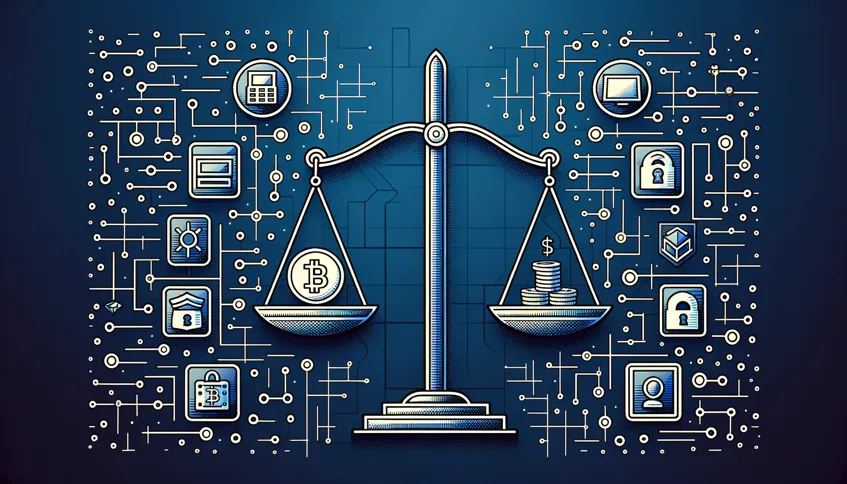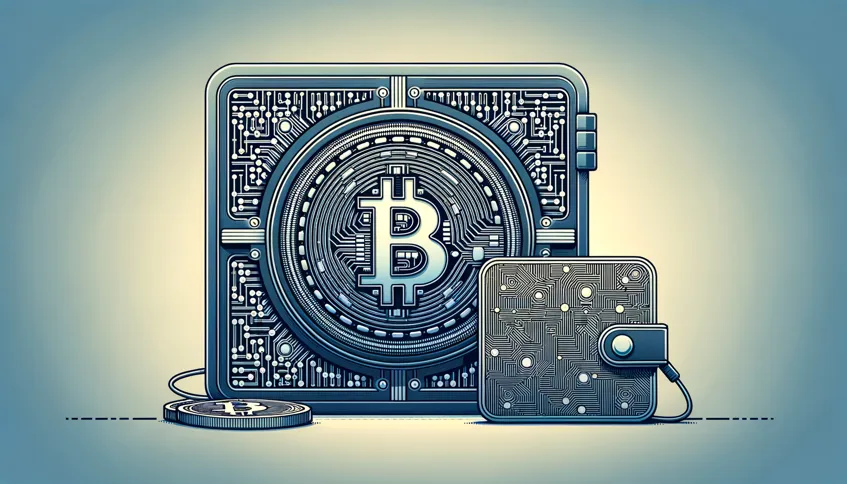Binance Auto-Deleveraging (ADL) Mechanism
Users discussed Binance's Auto-Deleveraging (ADL) system. Concerns were raised about how profitable futures positions can be automatically closed by the exchange. This occurs to cover losses from opposing bankrupt positions, ensuring the solvency of Binance's insurance fund, potentially impacting winning traders during high volatility.
Bitcoin ATM Transaction Tracing
Discussions highlighted potential vectors for tracing Bitcoin ATM purchases back to individuals. Methods include mandatory KYC/phone number verification, app network monitoring during transactions, and potential data leaks. Concerns were also raised about third-party API providers logging data, potentially exposing users interacting with the blockchain via certain wallets.
GoFetch Vulnerability on Apple Silicon
A hardware vulnerability known as GoFetch affects Apple M-series chips. Node operators running on affected Macs discussed the potential security implications. The relevance of this side-channel attack when interacting with air-gapped hardware wallets like Coldcard for key management was also considered, assessing practical risks.
Solana Data Storage Scalability
Solana's high throughput results in significant ledger growth, estimated at ~300TB currently and potentially petabytes annually. This raises concerns about validator storage costs, practical decentralization limits, and reliance on centralized services like Google BigQuery for accessing historical data, impacting long-term auditability and availability.
Links:
Bitcoin's Fixed Supply Mechanics
Bitcoin's supply cap is algorithmically enforced via the GetBlockSubsidy() function (validation.cpp in source code) and network consensus. The function halves the block reward approximately every four years (210,000 blocks), ensuring a mathematically provable finite supply approaching 21 million BTC around 2140.
Links:

